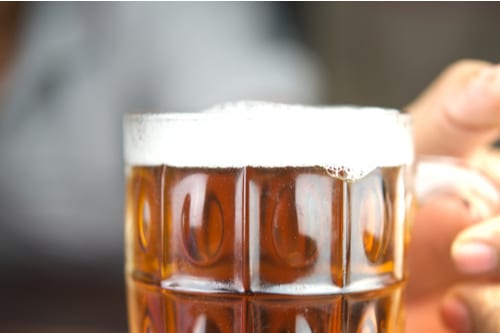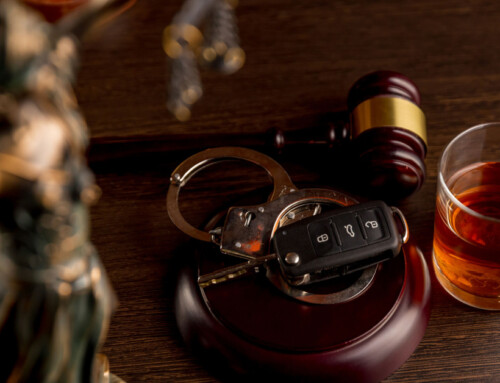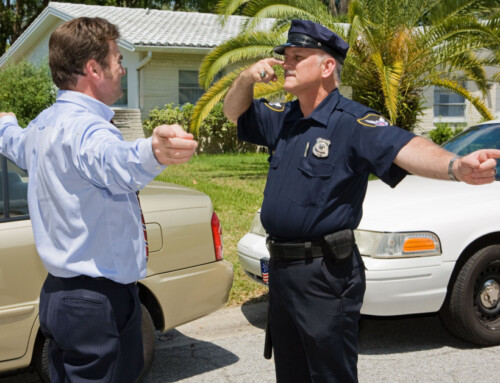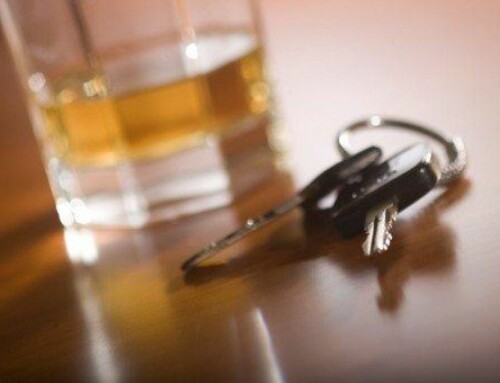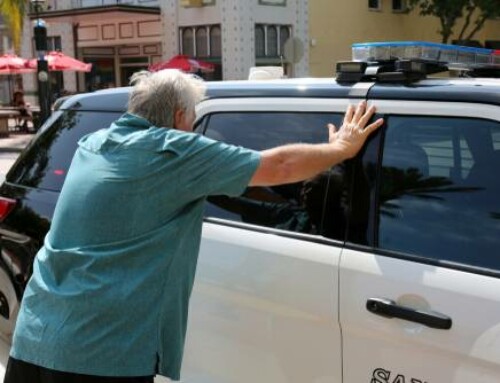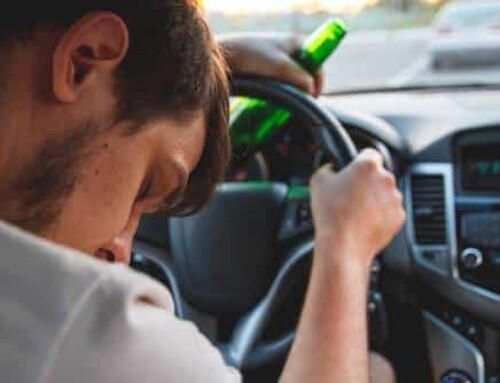The South Carolina Highway Patrol and North Charleston Police Department typically enhance their DUI enforcement efforts between Thanksgiving and New Year’s Day. Drunk driving crashes tend to spike during the holiday season, and law enforcement agencies do their best to prevent as many accidents as possible. If you get a DUI during the holidays in South Carolina, here are 10 important facts you need to know:
1. DUI Checkpoints are Legal in South Carolina (in Most Cases)
Generally speaking, DUI checkpoints are legal in South Carolina. However, the police must meet certain requirements; and, if they fail to meet these requirements, then an arrest made during a DUI checkpoint may be invalid. For example, if the police singled you out instead of stopping you at random, or if the checkpoint was not adequately identified with signs, these are both issues that could serve as defenses in your DUI case.
2. You Have the Right to Remain Silent
When the police pull you over on suspicion of DUI, you have the right to remain silent. You must identify yourself and provide your license and registration, but you are not required to answer any incriminating questions. However, if you voluntarily provide information during your DUI stop, prosecutors will be able to use this information against you.
Once they arrest you, the police must read your Miranda rights before conducting a custodial interrogation. If they failed to timely read your rights, this could potentially serve as a defense in your DUI case as well.
3. You Have the Right to Refuse the Field Sobriety Tests
Under South Carolina law, you are not required to take the field sobriety tests. If you refused to take these tests, prosecutors cannot use your refusal against you. However, if you took the field sobriety tests, then prosecutors can use your performance on the tests as evidence of impairment—unless you can show that your field sobriety test results are invalid.
4. You Do Not Have the Right to Refuse a Breath Test
While you have the right to refuse the field sobriety tests, you do not have the right to refuse a breath test (i.e. a breathalyzer) in most cases. This is based on South Carolina’s “implied consent” law. If you unlawfully refuse a breath test, you can be penalized under the “implied consent” law, and prosecutors can use your refusal as evidence that you knew you were driving drunk.
Similar to conducting a DUI checkpoint, the police must meet various requirements to trigger South Carolina’s “implied consent” law. If your arresting officer did not meet these requirements, then you may be able to avoid the harsh consequences of an unlawful refusal.
5. DUI Arrests Can Lead to Felony Charges in Some Cases
In most cases, DUI is a misdemeanor offense under South Carolina law. But, it is possible to face a felony DUI charge in some cases. For example, you can face a felony DUI charge if you caused an accident resulting in “great bodily injury” or death while you were driving drunk. The penalties for a felony DUI are far more serious, and having a felony conviction on your record can negatively impact your life for decades.
6. The Penalties for All Types of DUI Charges are Severe
Whether you have been charged with a misdemeanor DUI or a felony DUI, you are facing steep penalties. For a routine first-time offense, penalties can include nearly $1,000 in fines and fees, a six-month driver’s license suspension, and 48 hours to 30 days of community service or jail time. South Carolina’s DUI penalties increase for repeat offenders and those who have a blood alcohol concentration (BAC) of 0.10% or above at the time of their arrest.
7. There are Several Possible Defenses to DUI Charges
From challenging your traffic stop to challenging your field sobriety test or breath test results, there are several ways to fight a DUI charge in South Carolina. To find out what defenses you can assert in your DUI case, you will need to go over the facts in detail with a North Charleston DUI attorney.
8. Prosecutors Don’t Need to Prove You Were Impaired
While there are several potential defenses to DUI charges in South Carolina, there are also several ways prosecutors can prove a defendant’s guilt. For example, if your BAC was 0.08% or above, prosecutors do not need to prove that your driving abilities were actually impaired. If your BAC was 0.08% or above, prosecutors can charge you with “driving with an unlawful alcohol concentration” (DUAC). While this is technically a separate offense from DUI (although it is commonly referred to as a DUI), it carries the same penalties.
9. Prosecutors Also Don’t Need to Prove Your BAC was 0.08% or Above
If prosecutors cannot prove your BAC was 0.08% or above, they can still obtain a DUI conviction by showing that your driving abilities were impaired. As a result, if you refused the breathalyzer – or if you have grounds to challenge your BAC reading – this does not necessarily mean that you will walk free. Prosecutors may still have various other forms of evidence that they can use to prove you were drunk behind the wheel.
10. A North Charleston DUI Lawyer Can Help
Regardless of the circumstances of your case, if you were charged with DUI over the holidays, a North Charleston DUI lawyer can help. Your lawyer can examine your arrest and the prosecution’s evidence to determine what defenses you have available, and your lawyer can use the available evidence to protect you to the fullest extent possible.
Request a Consultation with North Charleston DUI Lawyer Rad S. Deaton
If you get a DUI charge during the holiday season, you need to prioritize your defense. North Charleston DUI lawyer Rad S. Deaton can use his experience to fight on your behalf. To schedule a free and confidential consultation as soon as possible, call 843-225-5723 or tell us how you would like to be contacted online now.

